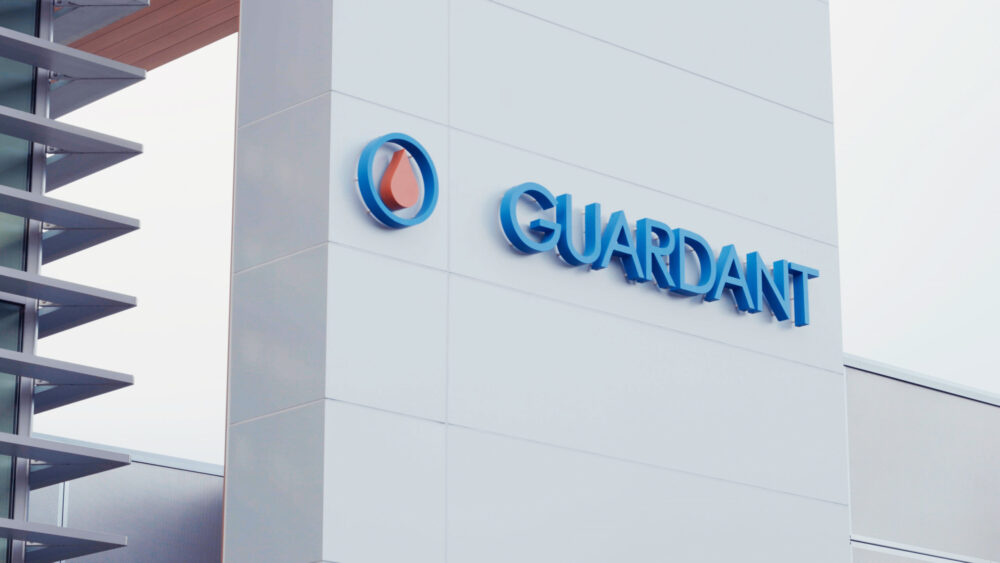The U.S. Food and Drug Administration (FDA) granted Breakthrough Device Designation to Guardant Health‘s (NASDAQ: GH) Shield multiple cancer detection test.
Announced on Wednesday, the blood test screens for numerous cancer types including bladder, colorectal, esophageal, gastric, liver, lung, ovarian and pancreatic cancer in people 45 years or older at typical risk of cancer
The FDA grants Breakthrough Device designation to select devices that may offer more effective treatment or diagnosis of serious conditions like cancer. This designation supports devices that surpass current options in addressing life-threatening diseases.
Furthermore, the Breakthrough Devices Program aims to accelerate development, assessment, and review processes. It also helps ensure patients and healthcare providers gain timely access to innovative medical technologies. Additionally, the program offers manufacturers early and frequent communication with FDA experts.
“Every late-stage cancer we avert is a win for patients and for the entire healthcare system,” said AmirAli Talasaz, Guardant Health co-founder and CEO.
“This recognition by the FDA shows the promise of the Shield MCD test to detect multiple cancers at an early stage with just a single, routine blood draw. We look forward to partnering with the agency and other stakeholders to bring this breakthrough to patients quickly.”
The FDA actually granted the Shield MCD test Breakthrough Device designation, building on its recent selection by the National Cancer Institute (NCI) for the Vanguard Study. The NCI chose the Shield MCD test due to its strong ability to predict both the presence of cancer and the cancer’s tissue of origin. Additionally, this selection displays the test’s potential as a leading technology in multi-cancer detection.
Read more: Breath Diagnostics pioneers novel lung cancer breath test
Read more: Breath Diagnostics takes aim at lung cancer with One Breath
Blood-based test showed high specificity
At the 2025 American Society for Clinical Oncology (ASCO) Annual Meeting in Chicago, Guardant presented data validating the Shield MCD test.
The blood-based test showed high specificity, clinically meaningful sensitivity, and strong accuracy in identifying the cancer signal of origin across multiple tumor types. Additionally, the case-control cohort data revealed that Shield MCD achieved 98.6 per cent specificity and 75 per cent sensitivity across multiple cancers .
The per-cancer sensitivity ranged from 62 to 96 per cent. Furthermore, the test demonstrated 92 per cent accuracy in identifying the primary or secondary cancer signal origin.
Guardant Health, a 13-year-old precision oncology company, accelerates cancer therapy development by delivering critical insights into disease drivers. It achieves this through advanced blood and tissue tests, real-world data, and AI-driven analytics. Additionally, Guardant’s tests support better outcomes across all stages of care. They assist in early cancer detection through screening, monitor recurrence in early-stage cancer, and guide treatment selection for advanced patients.
The global cancer diagnostics market is enormous and expanding rapidly. It reached approximately USD$156 billion in 2024. It is also projected to reach around USD$355 billion by 2034, growing at an 8.6 per cent CAGR.
Breath Diagnostics and Craif are two companies offering alternative methods for early cancer detection. Breath Diagnostics, based in Kentucky, developed OneBreath, a non-invasive test that analyzes a single exhale to detect early-stage lung cancer.
Meanwhile, Craif, a Japanese startup spun out of Nagoya University, uses AI and urinary microRNA signatures to detect cancer early. Furthermore, the company recently secured US$22 million in Series C funding to support its U.S. expansion and research. Both companies present innovative, non-invasive alternatives to traditional cancer diagnostics.
.
joseph@mugglehead.com














